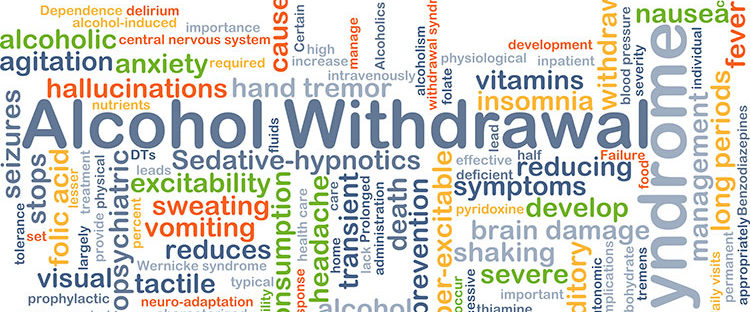After you make the decision to stop drinking, it is common to continue to experience cravings for alcohol for some time. Also, after committing to a sober lifestyle, you might be more aware of your cravings since you have made a conscious decision to avoid alcohol.
To remain sober, you will have to face your cravings head-on and stay strong. Knowledge is power, so one crucial step you can take moving forward is to plan for how you will handle cravings when they pop up.
What Causes Alcohol Cravings?
Cravings often occur as a response to a trigger, which can be automatic. Triggers can be different from person to person. Common triggers for many individuals include stress and specific emotions and memories of something associated in some way with alcohol.
People who experience cravings for alcohol often have both internal and external triggers. Internal triggers can include emotions, thoughts, memories, or even physical sensations that give you the urge to consume alcohol. External triggers include environmental cues that you associate with alcohol—such as places, people, certain situations, and the time of day (such as the end of a workday).
Managing Cravings
While cravings for alcohol can be intense, the good news is that they often can pass after a few minutes go by. When you experience cravings for alcohol, it can help to remind yourself that the craving will soon disappear. Positive distractions are another excellent way to manage your cravings. Reading a book, watching a funny show, and going for a walk are all positive distractions that can help.
Tharros House Sober Living
The early stages of sobriety bring many challenges. One thing you can do to have a better chance at remaining sober is to live in a sober living home. Tharros House is a sober living home in Massachusetts that has helped many residents continue their sober journey. Give us a call today to learn more about how we can help.











